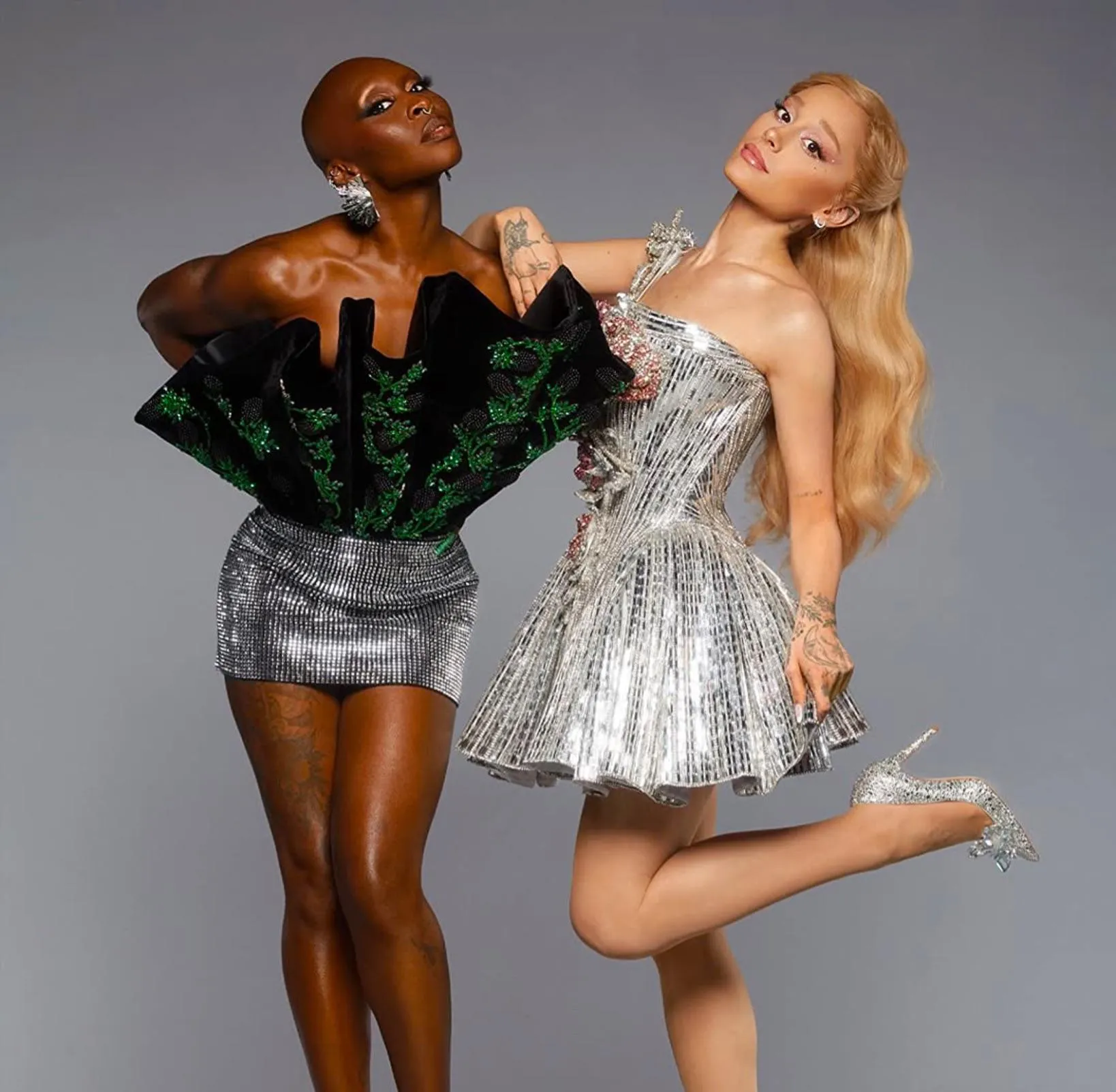

Miley Cyrus Says She Couldn’t Wear a Bikini for Two Years Because of One Brutal Reason
In a world where celebrity culture is dissected second by second, Miley Cyrus has never shied away from being the center of attention. But in a deeply personal and unfiltered moment, the multi-platinum singer revealed a hidden trauma that left fans stunned: for two entire years, she refused to wear a bikini—not because of fashion or modesty, but because of the brutal aftermath of online memes mocking her 2013 VMA performance.

The revelation has reignited conversations about body shaming, mental health, and the lasting effects of internet cruelty. In a media landscape that often consumes its stars without conscience, Cyrus’s honesty comes as a necessary—and deeply emotional—wake-up call.
The Night That Changed Everything
The 2013 MTV Video Music Awards were supposed to mark Miley Cyrus’s emancipation from her Disney image. Her now-iconic performance with Robin Thicke became one of the most viral moments of the decade. But what was meant to be her declaration of independence became a storm of online ridicule.
Memes targeting her body, her facial expressions, and her dance moves flooded the internet. In the digital frenzy, Cyrus became a symbol—of chaos, of rebellion, and unfortunately, of ridicule. What many brushed off as humor or edgy satire left a devastating mark.
“There were a couple [memes] about my body in 2013,” she explained. “People were putting my head on different, very unattractive things. And I still see that when I put on a bathing suit to this day.”
These weren’t harmless jokes to Cyrus. They were the beginning of an emotional shutdown. And for a star who had always owned her sexuality and style on stage, it was a startling change.
Retreating From the Spotlight—Quietly
Years passed. Cyrus kept touring, recording, posting, and smiling. But something about her public image had fundamentally shifted. The girl who once twerked in latex on national television began dressing in oversized clothes during vacations, hiding from the ghost of an old internet joke.
“We actually just went on a trip; it was a whole girls’ trip,” she shared. “And everyone else had on a string bikini except me. I was in shorts. I don’t even know if people wear tankinis anymore. I was wearing a tank top, like an old lady.
The irony wasn’t lost on anyone: Miley Cyrus—the woman known for pushing boundaries—was quietly being held hostage by a meme.
Sisterly Support Meets Cruel Reality
Even during family moments, the weight of internet mockery lingered. Miley recalled a comment from her sister that cut deep, even if it was meant in jest.
“My sister goes, ‘You know, you’re you, so this is cool. I guess this is in now; you’re making this cool. But, you know, this is what a grandma wears to the beach?”
For Cyrus, it wasn’t just a fashion comment—it was a flashback to years of viral shaming, a reminder that internet culture had invaded even her most intimate choices.

The Pain Behind the Fame
Cyrus’s experience sheds light on an often-ignored reality: fame doesn’t immunize celebrities from pain. In fact, it can amplify it.
The same audience that cheered her on during her radical transformation turned on her with lightning speed. Her body became a battleground, her identity a public meme. And as she recently confessed, she’s still fighting those images in her head.
“It just hit me,” she said. “I’m still so insecure about those memes about my body.”
This level of vulnerability—unusual for a superstar of her stature—has prompted a wave of emotional responses online.
Fan Reactions: Emotional, Divided, and Loud
Her fans, known for their loyalty, reacted immediately. Many expressed sympathy, regret, and guilt for having laughed at the memes or shared them years ago.
“I feel terrible for ever thinking it was funny,” one user posted. “This just proves we don’t know what people are going through.”
Others commended her bravery, calling it a defining moment in her career. “She’s never been more real,” another fan wrote. “She’s helping all of us who’ve felt ashamed of our bodies.”
Yet, not all feedback was supportive. Predictably, some commenters claimed Cyrus was playing the victim card.
“She wanted attention, she got it, and now she’s crying about it? “Please,” a critic tweeted.
This kind of response reveals the cultural double standard that continues to haunt female celebrities—expected to perform, provoke, and entertain—but punished for showing vulnerability.
A Cultural Mirror: What the Internet Doesn’t Forget
Cyrus’s story is more than a confession—it’s a cultural diagnosis. The internet has long blurred the line between funny and harmful, and memes, once thought to be harmless, have become digital weapons.
Her comments force us to reexamine our role as consumers of content. What starts as a laugh can end as trauma. For Miley, it did.
The images that followed her 2013 performance were consumed and forgotten by most. But for her, they remained sharp. Embedded. Alive.
The Ongoing Fight for Self-Worth
What’s most shocking isn’t just that Miley felt ashamed. It’s how deeply those feelings rooted themselves.
Even now, when surrounded by people who admire and celebrate her, she still hears the voices of 2013.
Yet there’s also power in her speaking out. This moment, unlike the VMA performance, is not performative—it’s a protest.
“I’m tired of letting a meme dictate what I’ll or won’t wear,” she said. “I’m taking that back.”
Healing in the Public Eye
Cyrus isn’t alone in her pain. Stars like Selena Gomez, Billie Eilish, and even Taylor Swift have spoken about online scrutiny, body image, and mental health. But Miley’s story is uniquely raw because it shows how even the strongest can carry quiet wounds.
Her confession may inspire others—famous or not—to confront their own insecurities. In a world obsessed with image, the courage to be real is the most rebellious act of all.

From Bikini Shame to Bold Redemption
Will this be a turning point for Miley? Fans hope so. Already, there’s speculation about a new era—one not defined by viral controversy but by unfiltered truth.
Industry insiders say this revelation could spark a new body-positive campaign, a possible documentary, or even a memoir. Whatever happens next, Cyrus has reminded the world that the realest stories are the hardest to tell—and the ones we need most.
Her rise from bikini insecurity to emotional clarity may just be the most powerful transformation yet.
And this time, the internet might actually listen.



















Post Comment